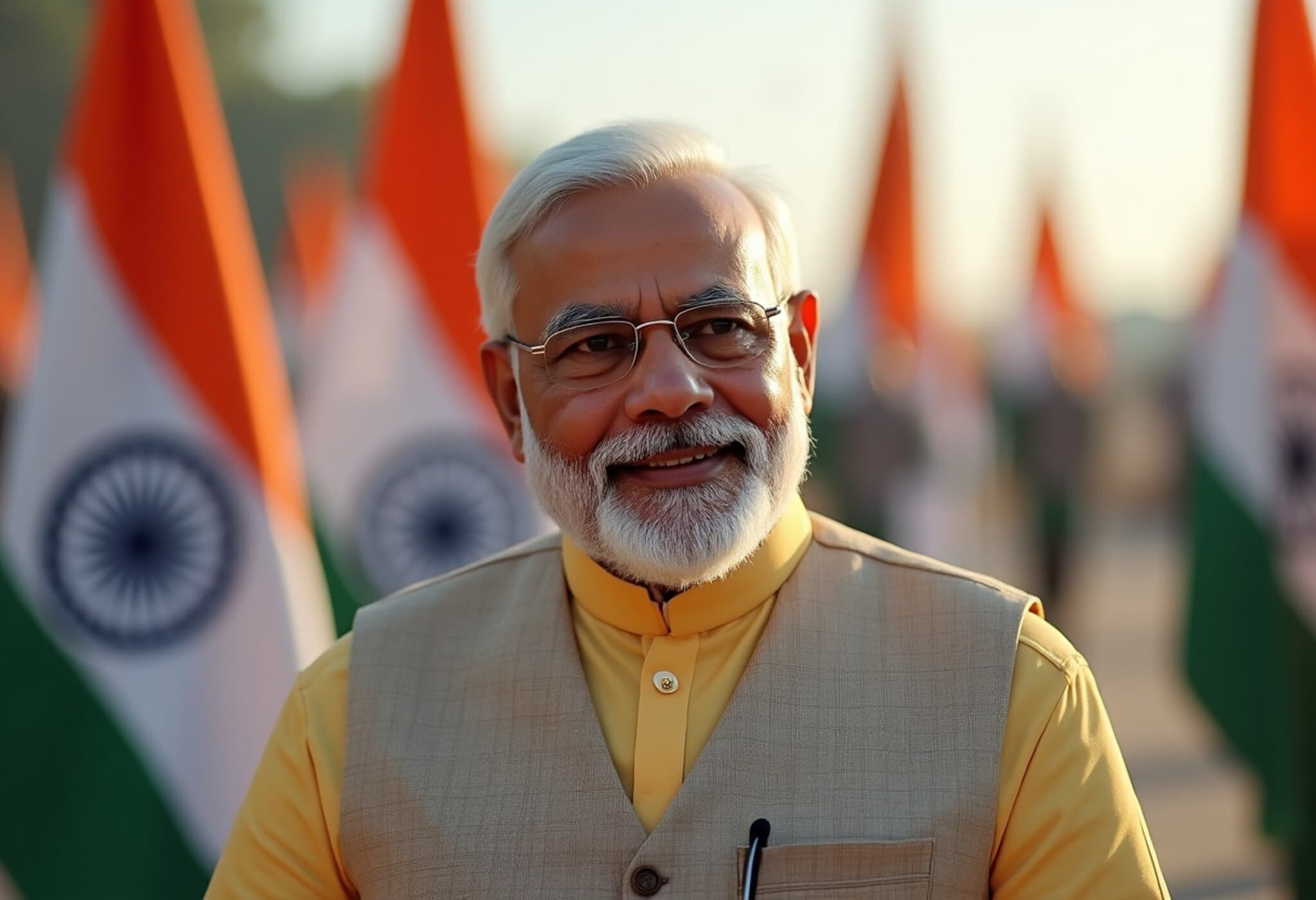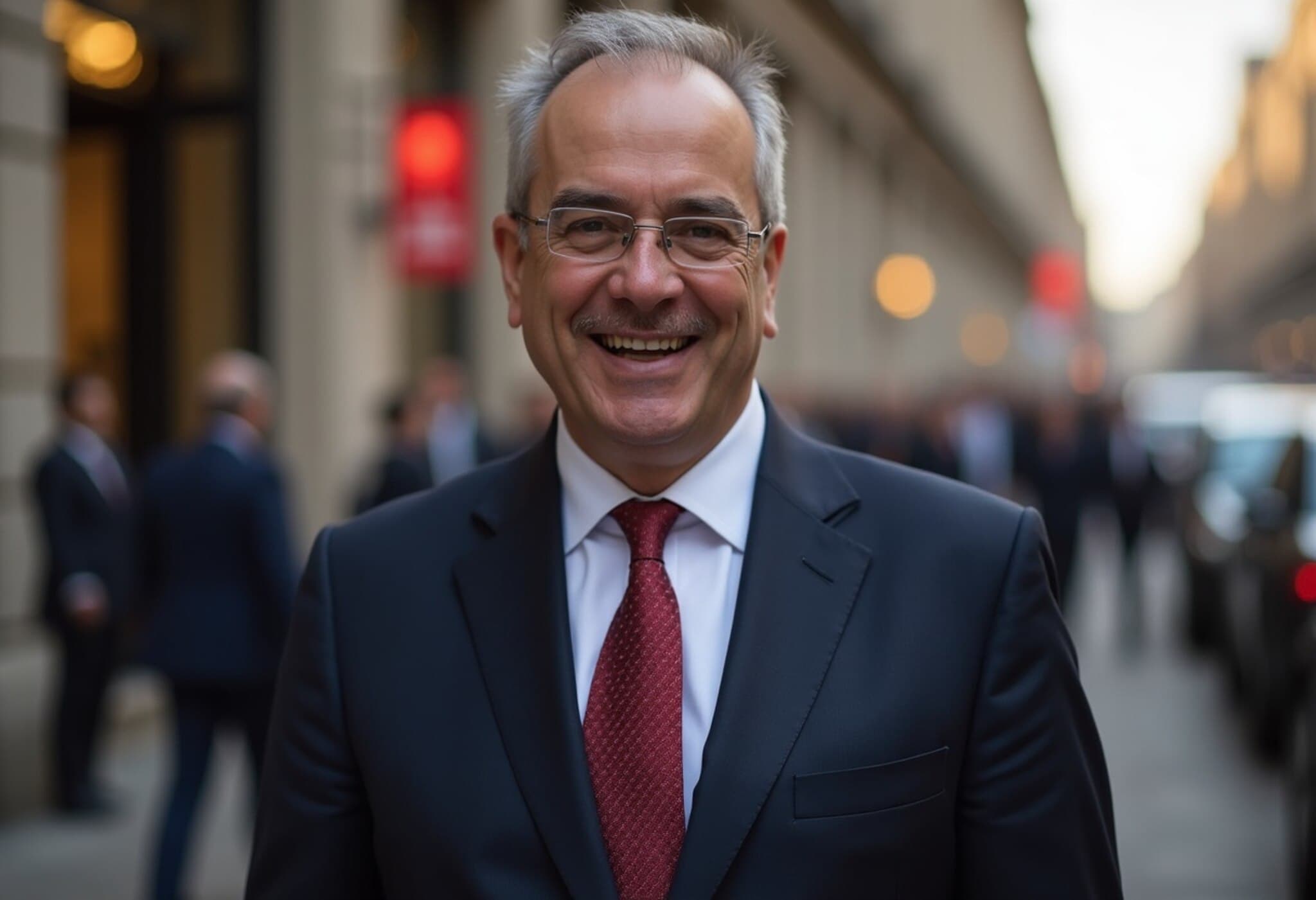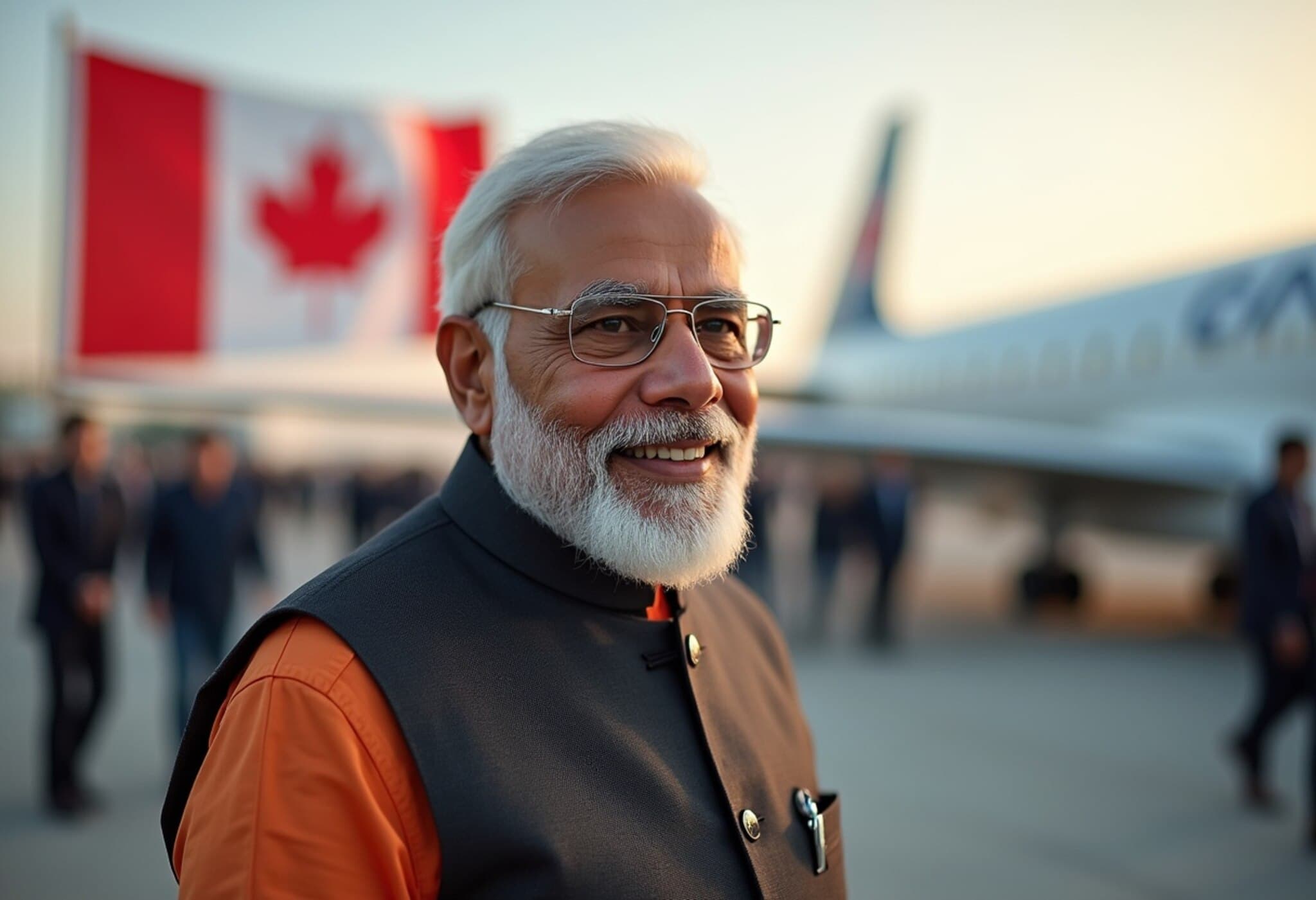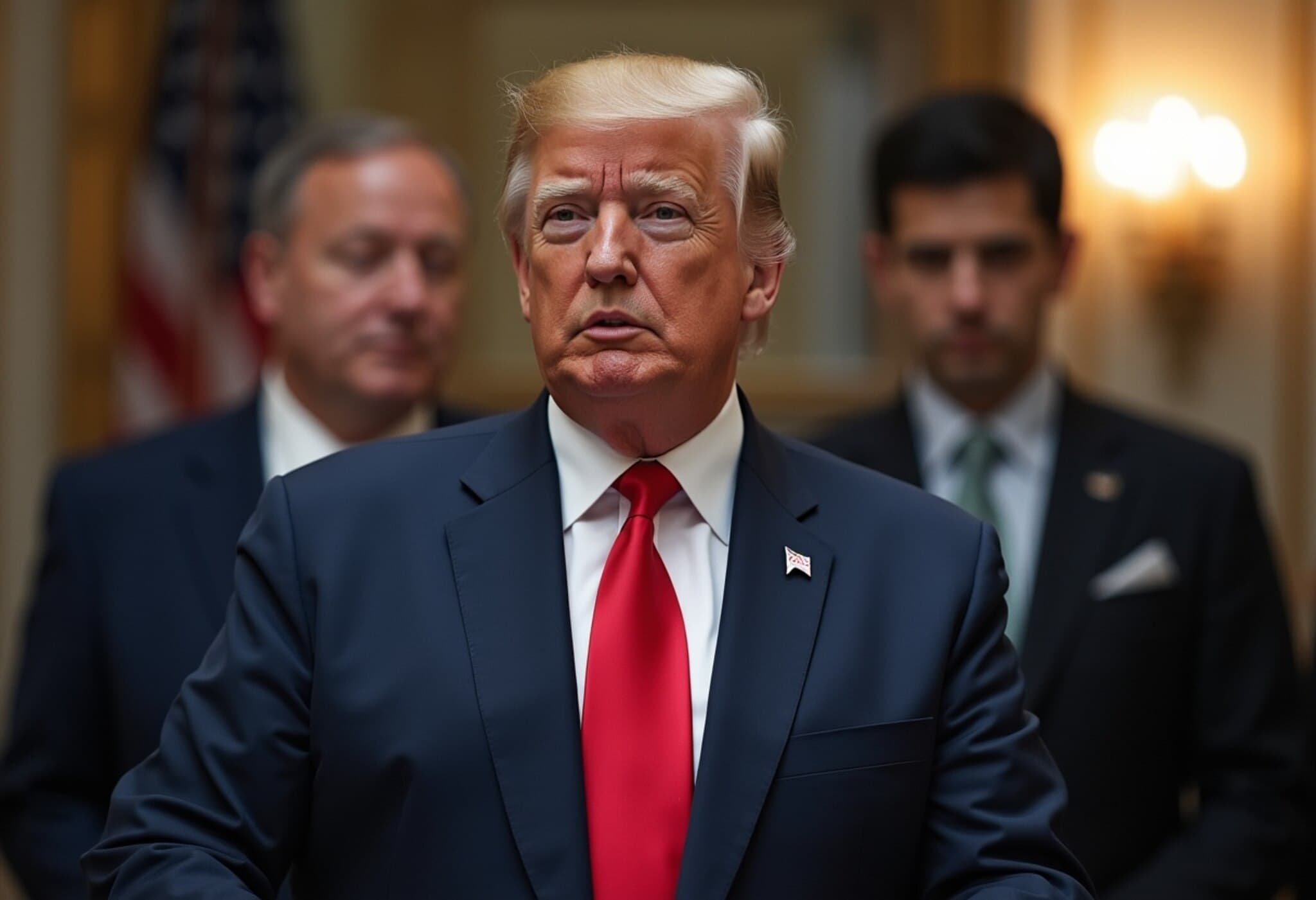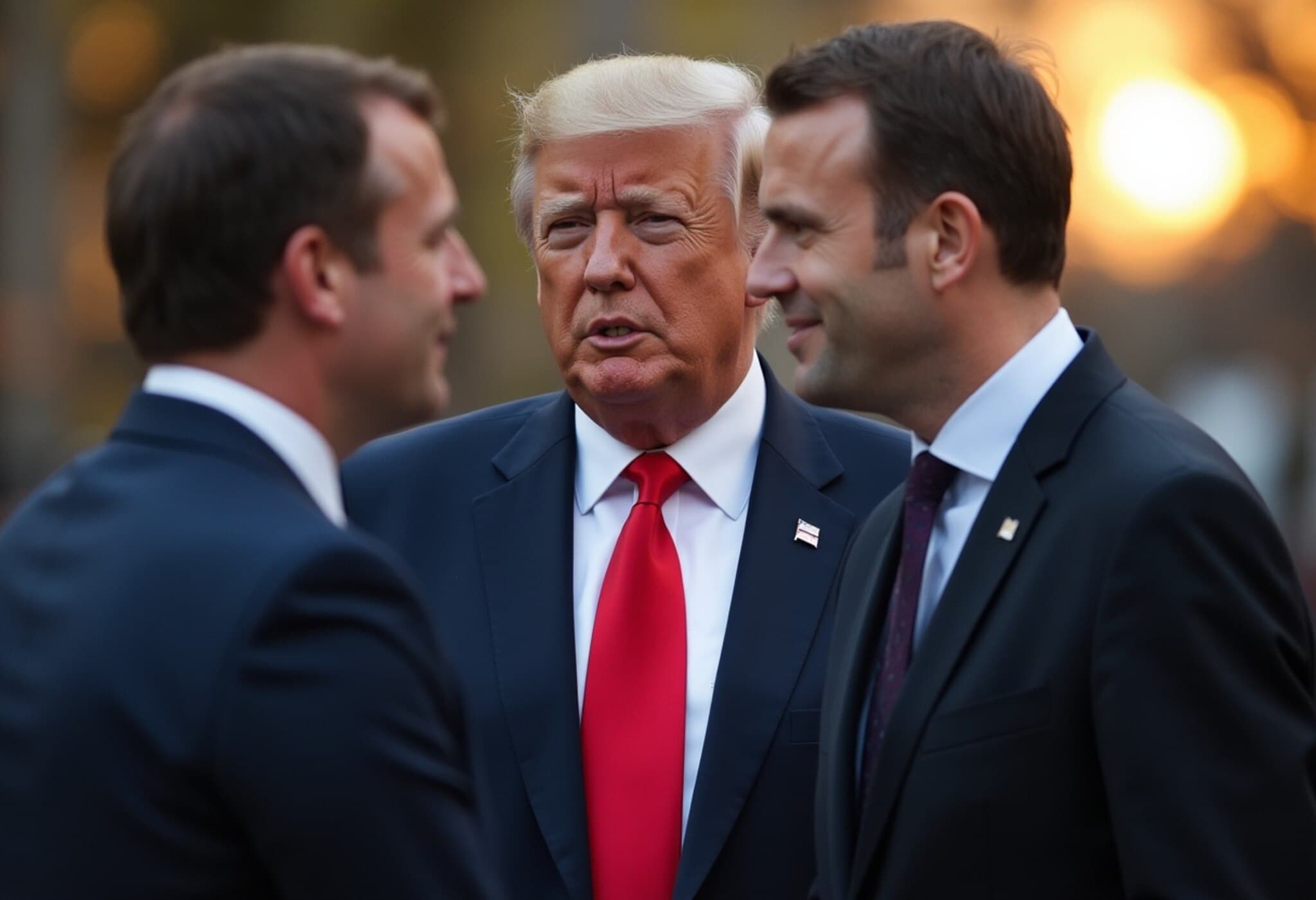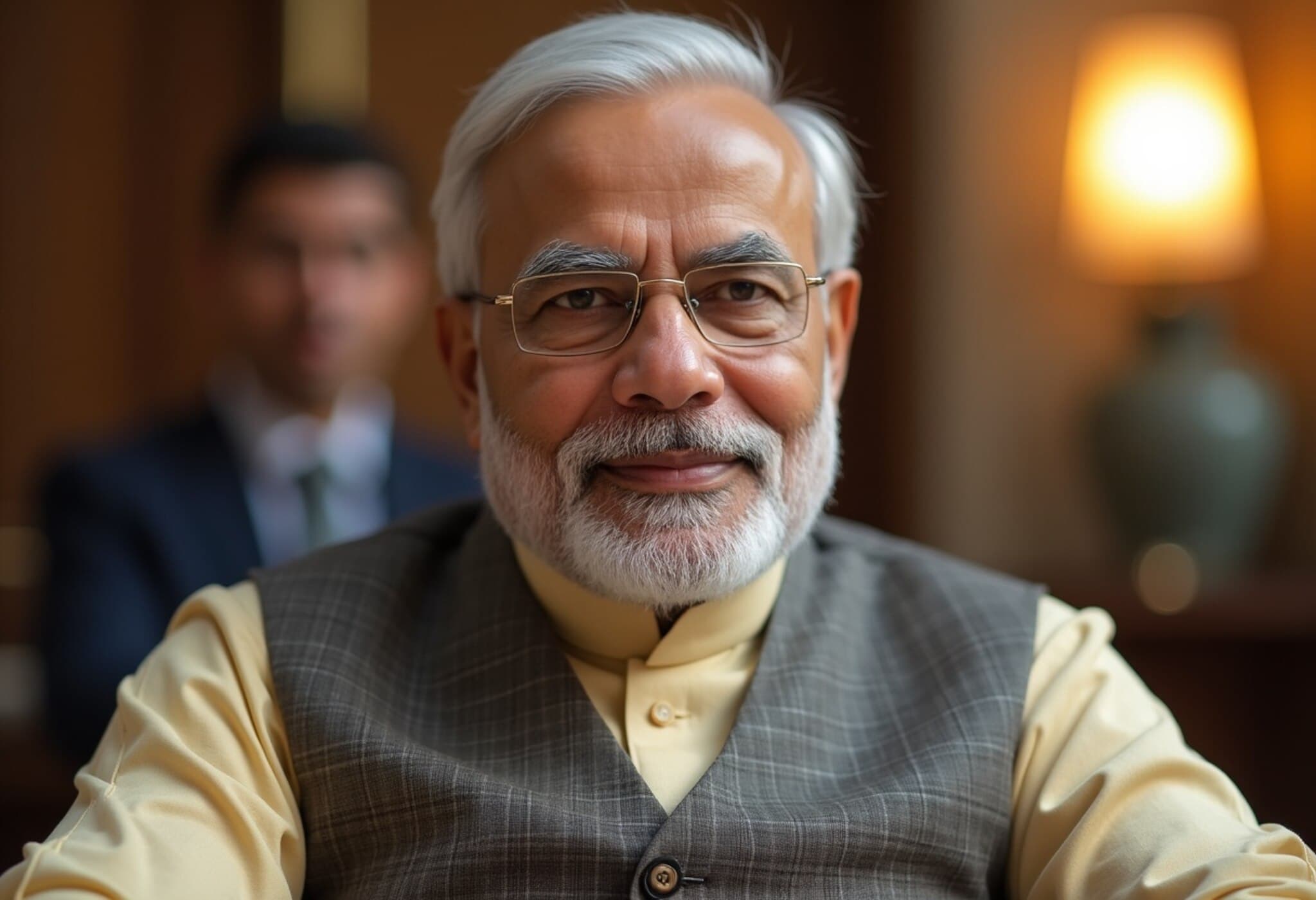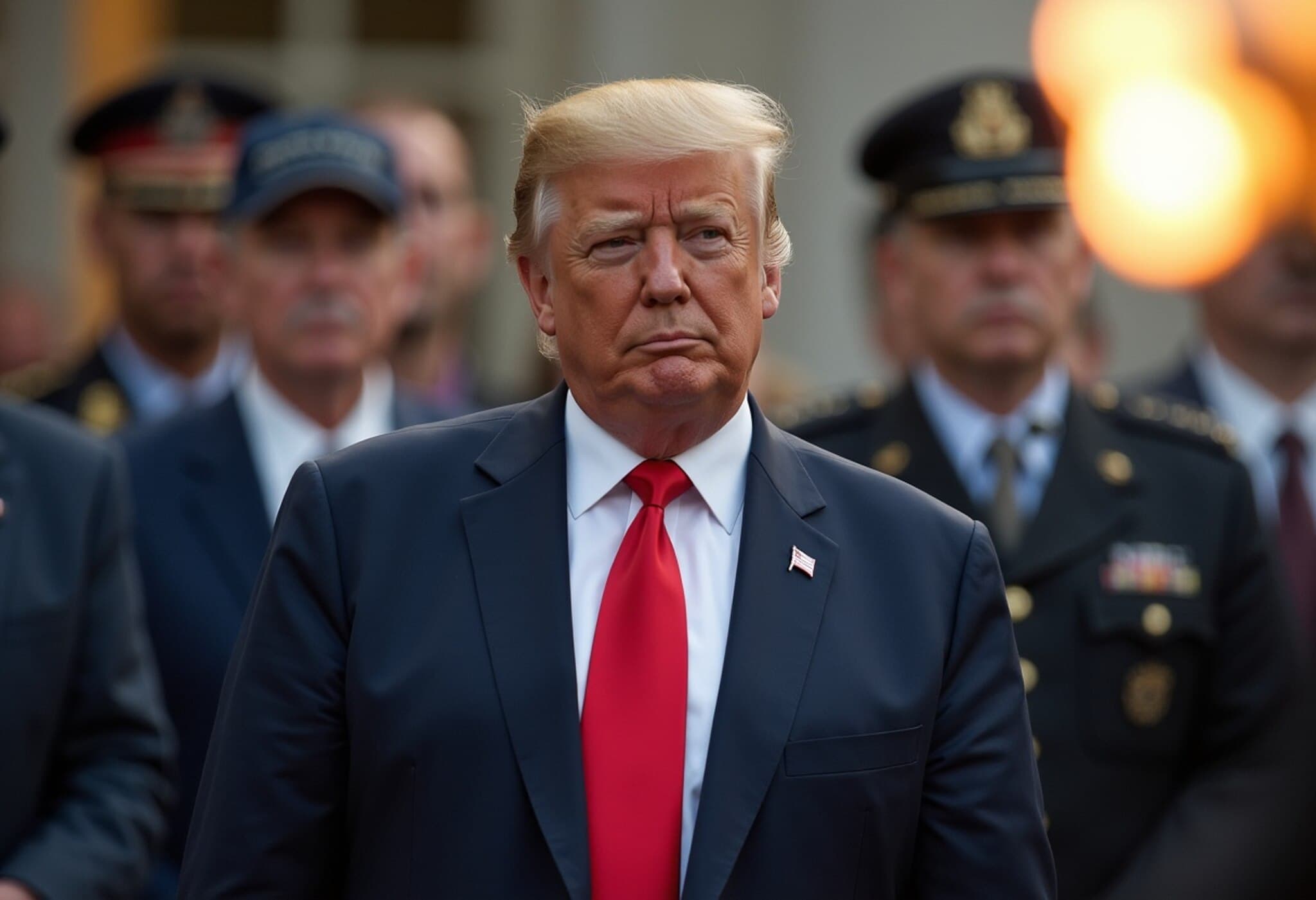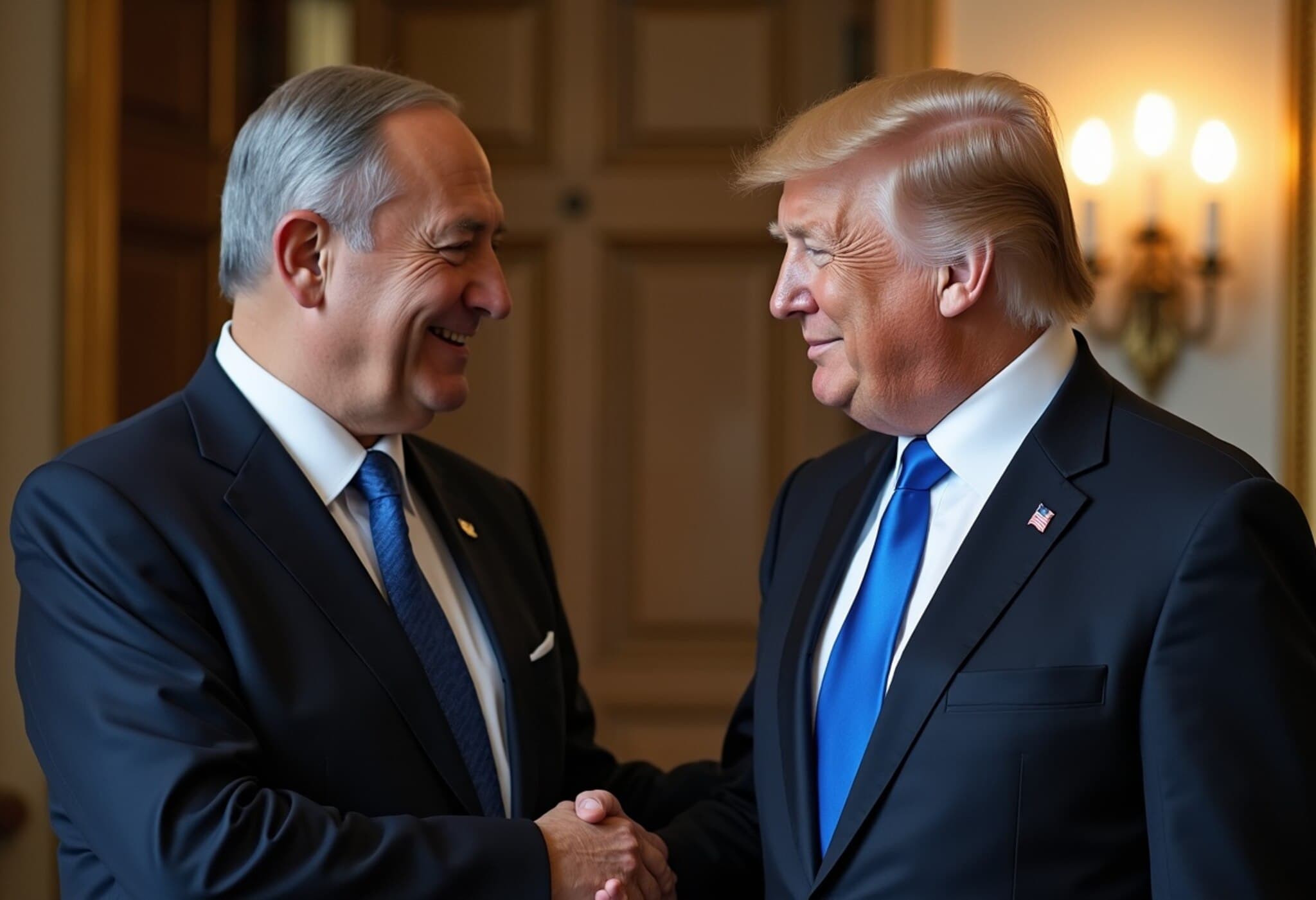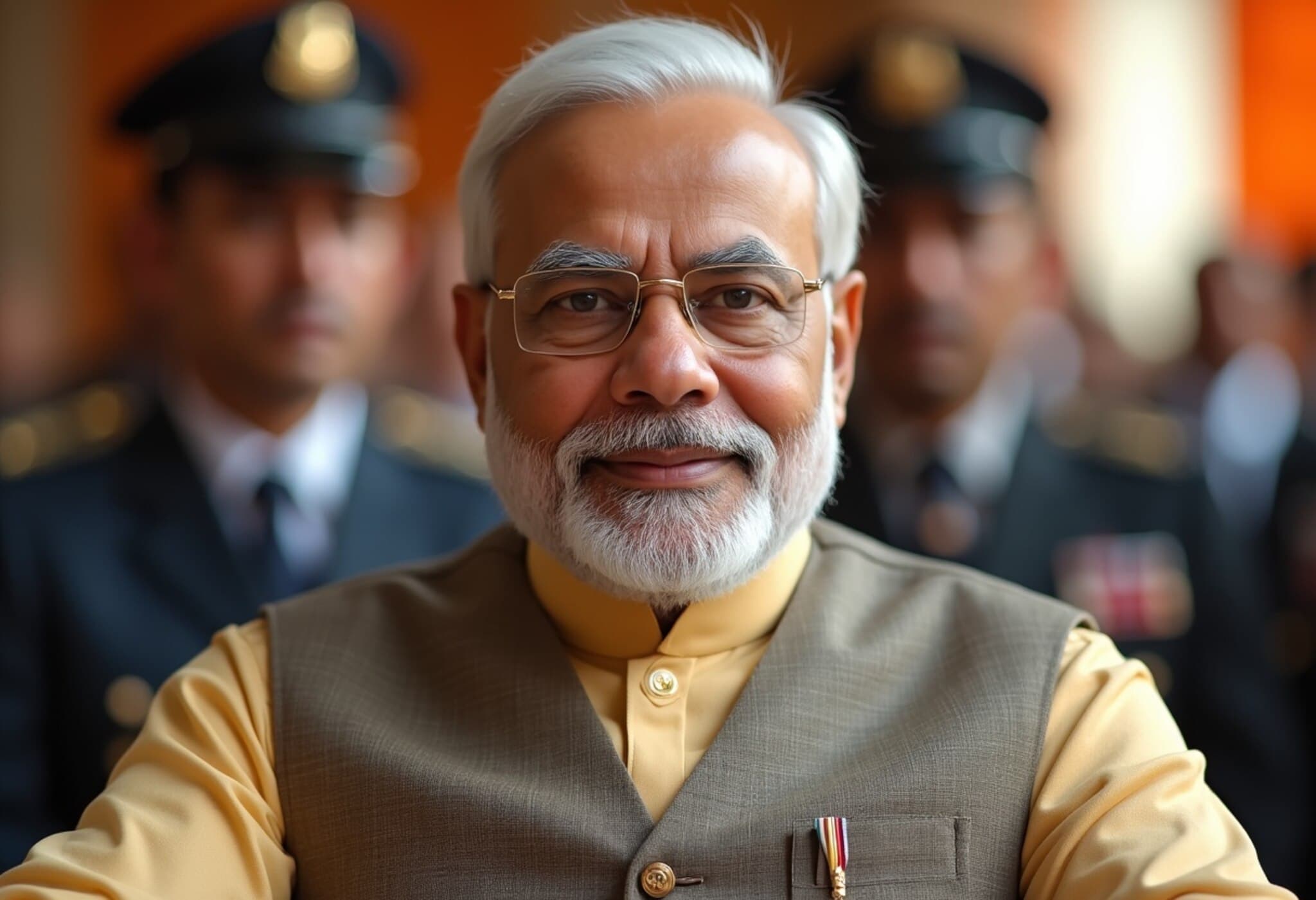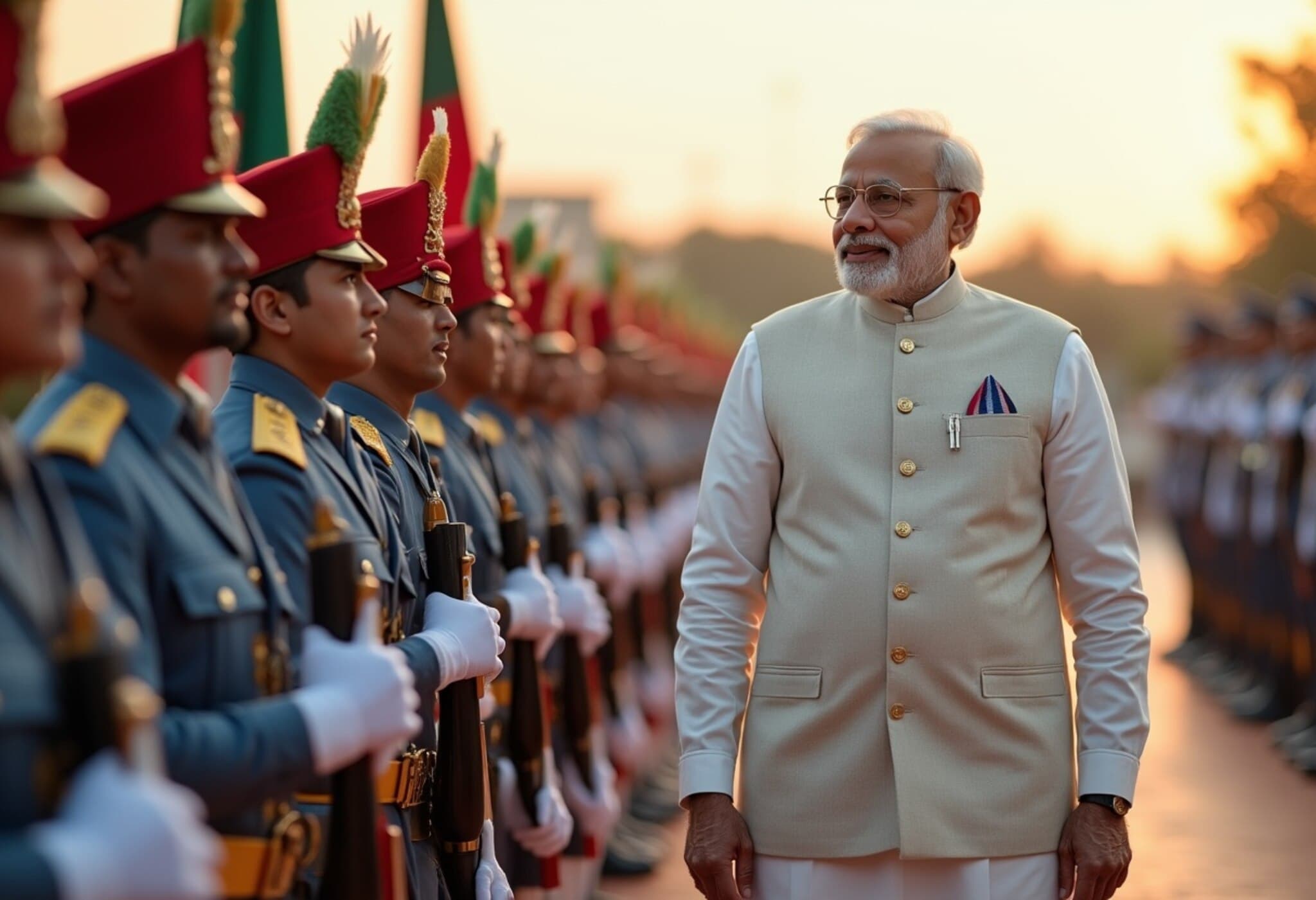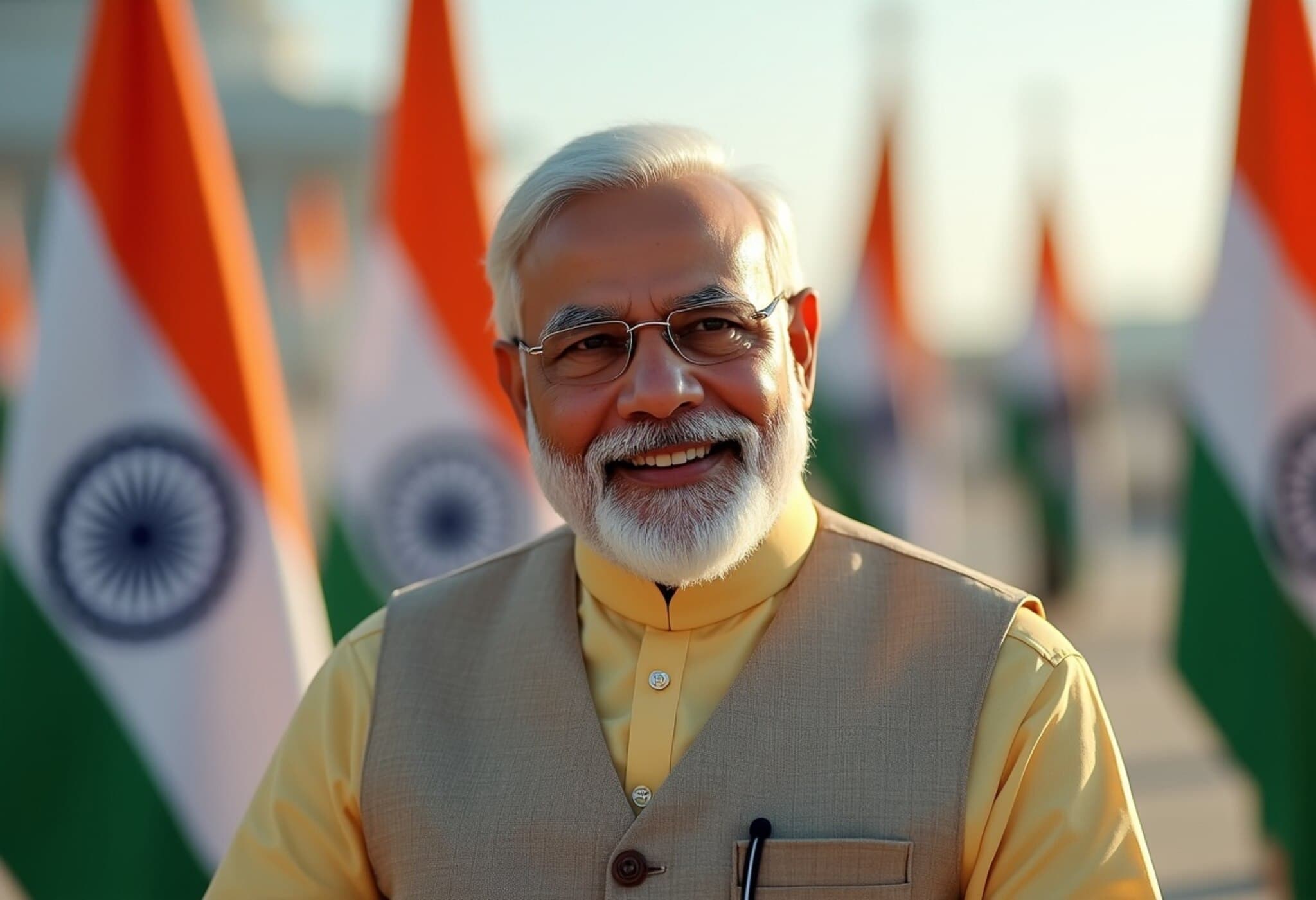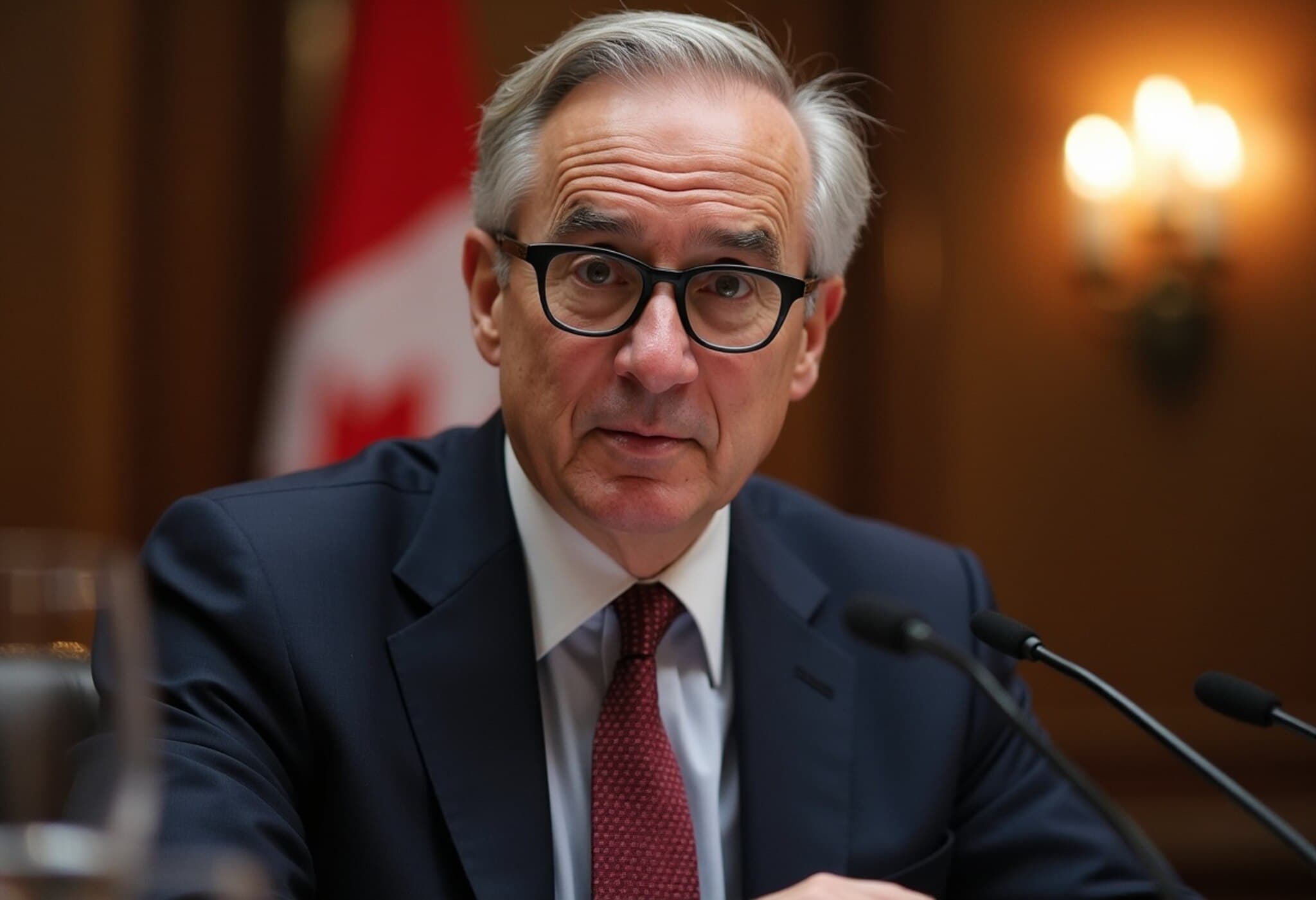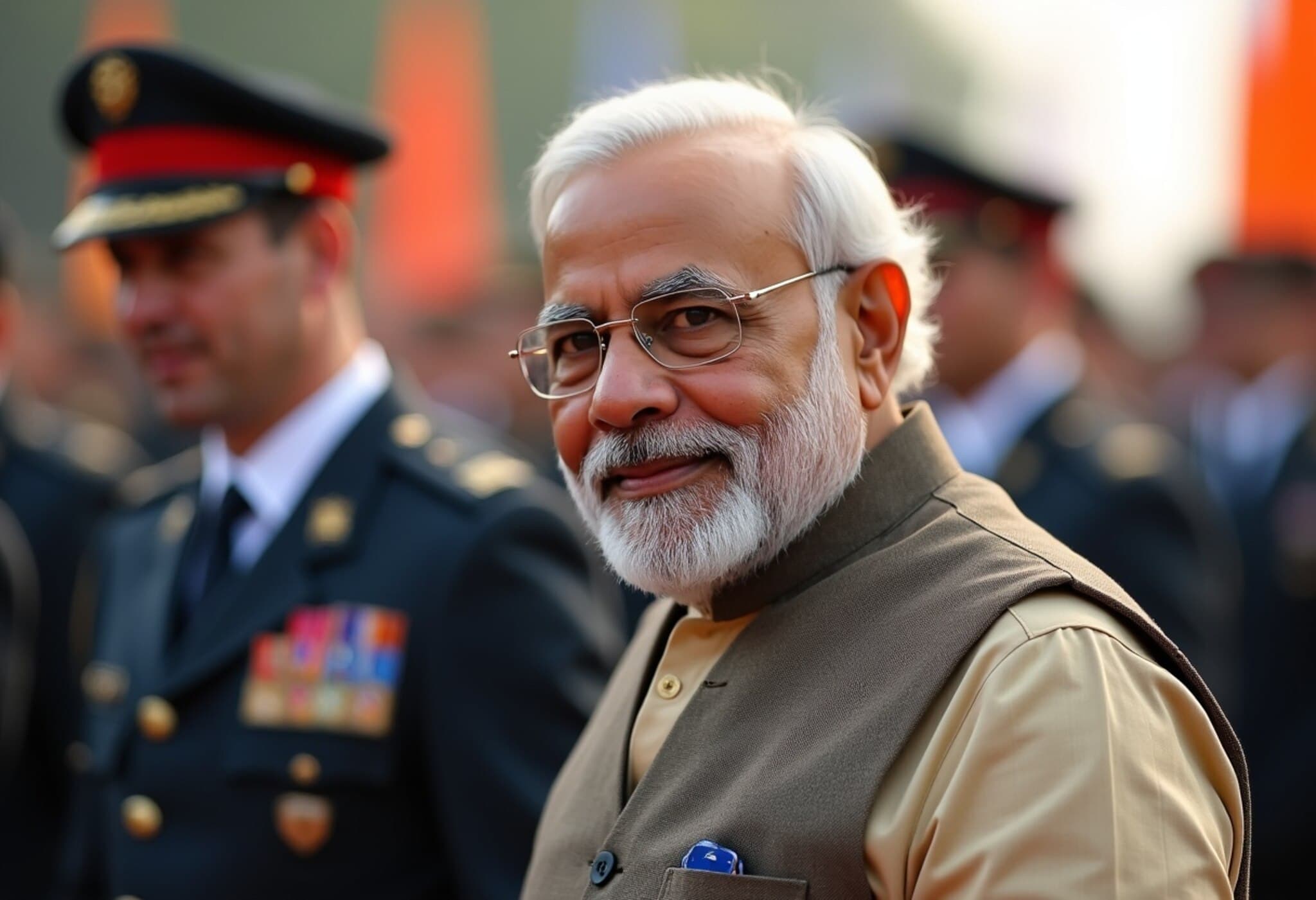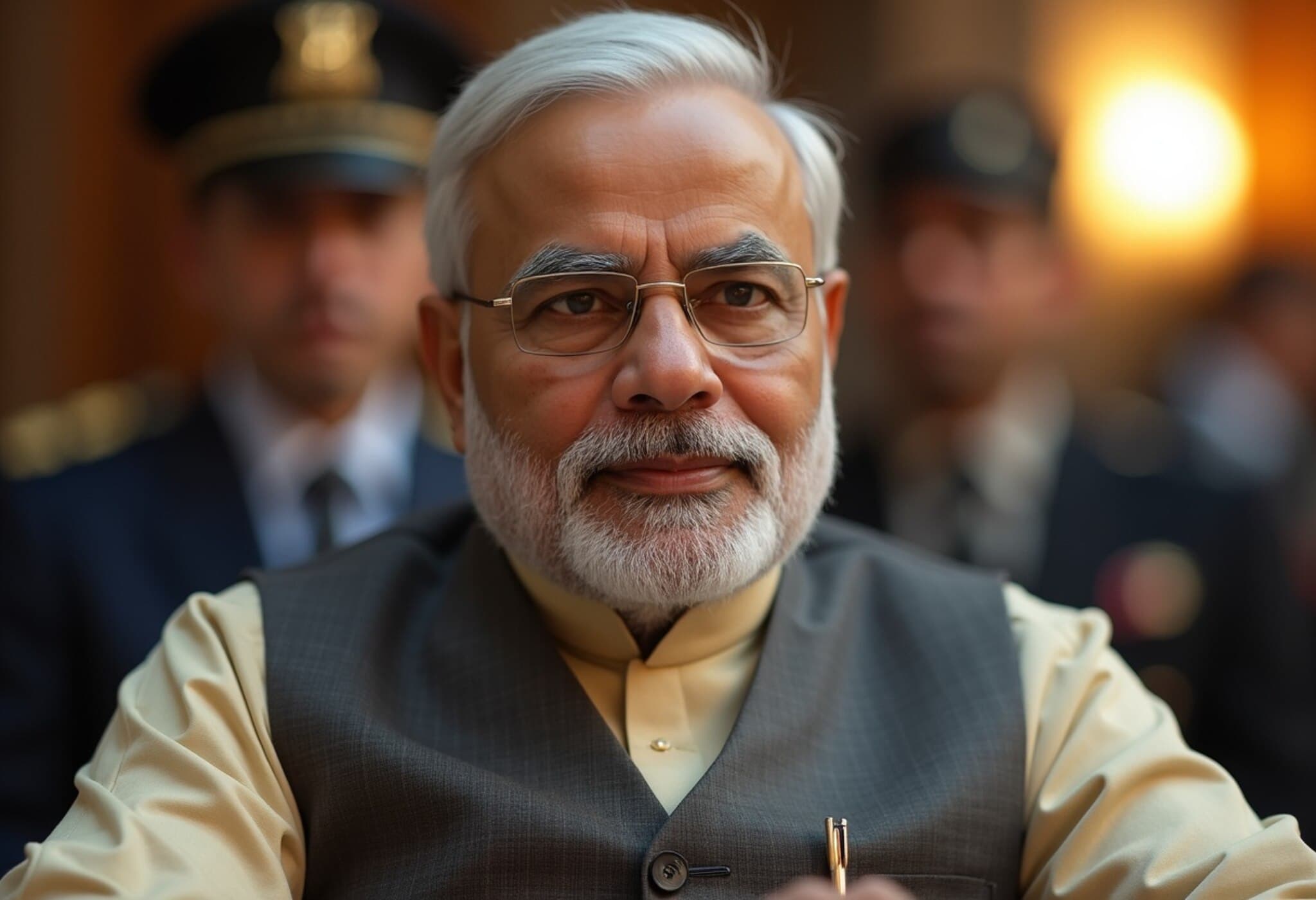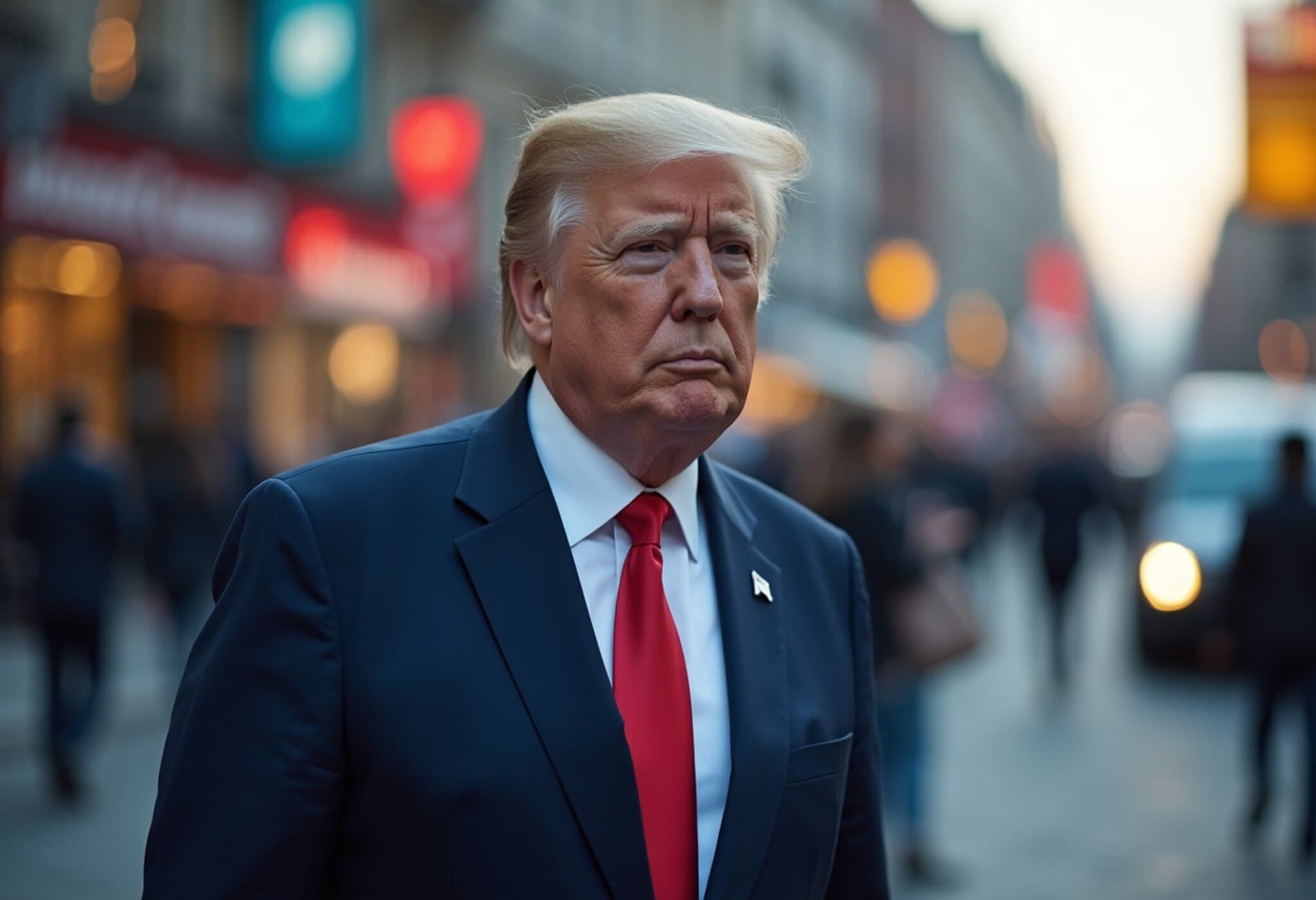PM Modi Lands in Maldives as Guest of Honour for 60th Independence Day
On July 25, 2025, Prime Minister Narendra Modi arrived in the Maldives to participate in the archipelago nation’s 60th Independence Day celebrations. Invited personally by President Mohamed Muizzu, Modi’s two-day visit marks a significant milestone in the relationship between India and Maldives, highlighting deepening diplomatic and strategic ties.
Upon arrival at Velana International Airport in Malé, PM Modi received a warm and unprecedented reception. In a rare display of hospitality, President Muizzu personally awaited Modi at the airport, greeting him with a friendly embrace — a moment symbolizing the close-knit friendship between the two nations.
Delegation-Level Talks Highlight Bilateral Cooperation
Shortly after the ceremonial welcome, PM Modi and President Muizzu engaged in comprehensive delegation-level talks. These discussions touched upon critical areas of cooperation, spanning economic collaboration, security, climate change resilience, and maritime connectivity. As the first foreign head of government to visit the Maldives during Muizzu’s presidency, Modi’s visit underscores India’s commitment to being a reliable partner in the region.
“I am confident that India-Maldives friendship will scale new heights of progress in the times to come,” Modi expressed in a heartfelt message posted on the social media platform X (formerly Twitter), reflecting optimism and a forward-looking vision for bilateral relations.
Strategic and Regional Significance
India’s engagement with the Maldives comes at a time when the Indian Ocean region is witnessing dynamic geopolitical shifts. Maldives occupies a crucial position on key maritime routes, and increased collaboration serves mutual interests in security and sustainable development. India’s support for Maldives’ climate adaptation projects and infrastructure development has been a cornerstone of their partnership, contributing positively to regional stability.
Additionally, Modi’s visit as Guest of Honour at the Independence Day celebrations sends a strong diplomatic message. It reinforces India’s role as a close neighbor and partner, fostering goodwill not only through political dialogue but also cultural and people-to-people exchanges.
Official Statements and Public Reception
- Ministry of External Affairs spokesperson Randhir Jaiswal highlighted, “This is PM Modi’s third visit to Maldives, reflecting continuity and growing depth in bilateral ties.”
- The ceremony and talks were widely covered in both countries, emphasizing the warmth and mutual respect between the leaders.
- Local Maldivian media and citizens warmly received Modi’s presence, viewing the visit as an affirmation of their country’s sovereignty and India’s regional leadership.
Looking Ahead: Opportunities and Challenges
While the visit marks a celebration of historical ties, it invites reflection on the road ahead. Experts suggest sustained engagement will demand careful navigation of regional complexities, including balancing relations with larger global powers operating in the Indian Ocean. Moreover, addressing environmental challenges posed by climate change continues to be a shared urgency.
From economic investments to cultural exchanges, the India-Maldives equation promises exciting opportunities but also calls for robust frameworks ensuring mutual benefit and respect.
Editor’s Note
PM Modi’s visit to the Maldives at this historic juncture signals far more than ceremonial goodwill. It reflects a calculated diplomatic effort to deepen India’s foothold in the Indian Ocean amid evolving geopolitical tides. As Maldives charts its independent path, India’s role as a trusted partner in areas like security, climate resilience, and economic development appears pivotal. Readers are invited to consider: How will this strengthened partnership influence broader regional stability? And what challenges might arise from this close embrace?
Ultimately, this visit showcases the power of diplomacy infused with genuine warmth—a reminder that international relations thrive not only on strategy but equally on human connection and shared aspirations.

